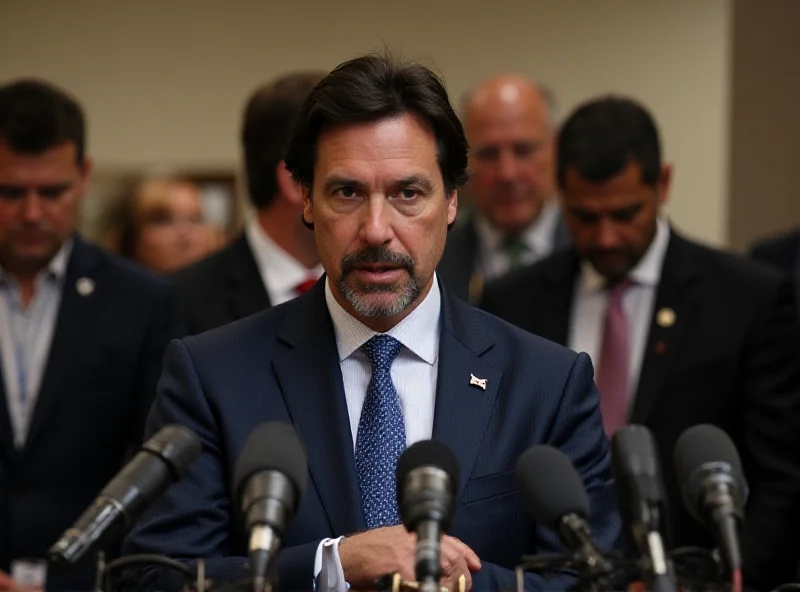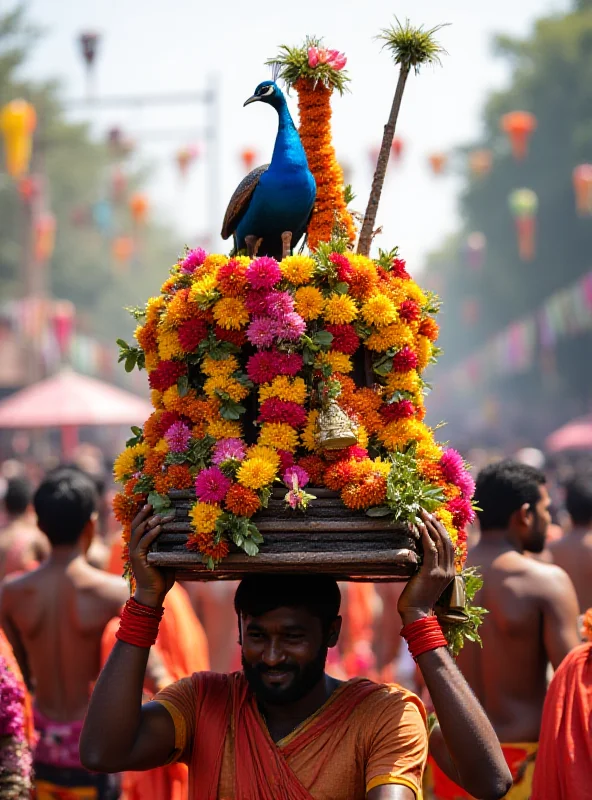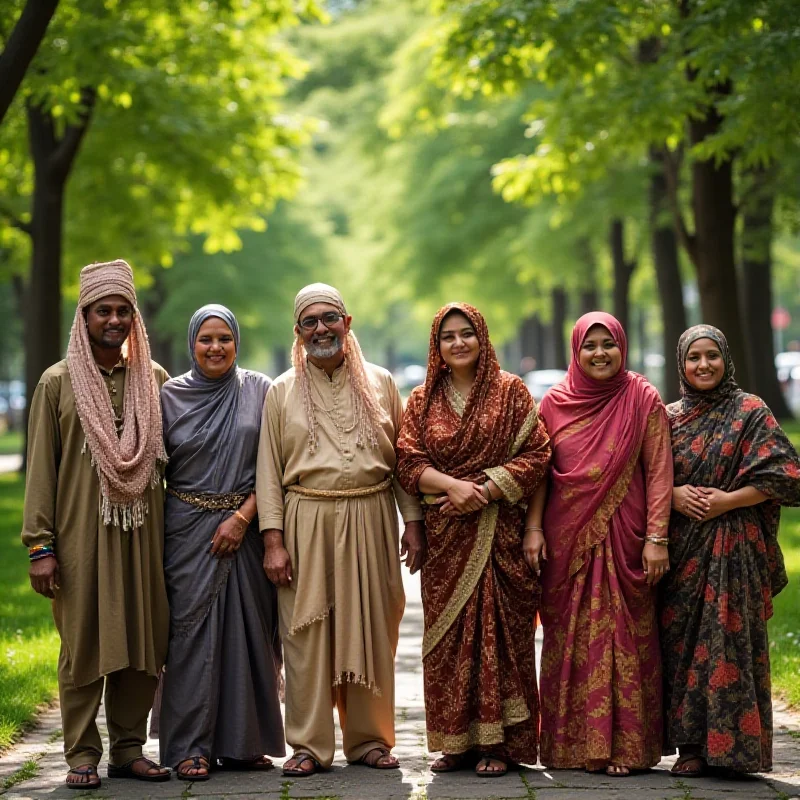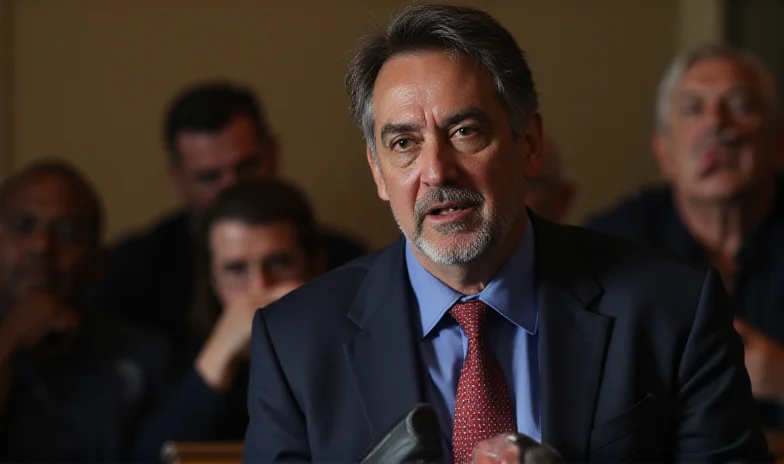MIC Deputy President M. Saravanan is making headlines with his strong stances on two separate, yet significant, issues: the suspension of Era FM's license and controversial remarks made by preacher Zamri Vinoth regarding kavadi. Saravanan is calling for decisive action and accountability in both instances, sparking debate and discussion across Malaysia.
Era FM License Suspension
Saravanan has voiced his concerns regarding the suspension of Era FM's license, arguing that it unfairly penalizes the majority of staff for the actions of a few. "It is unjust for employees at other radio stations to suffer as a result of the misconduct by three workers," Saravanan stated. He believes that a heavy-handed suspension impacts innocent individuals who are not responsible for the incident.

The MIC Deputy President is urging authorities to reconsider the severity of the punishment, suggesting that there may be alternative solutions that do not negatively affect the livelihoods of so many employees. The situation has raised questions about the balance between accountability and fairness in disciplinary actions within the media industry.
Demands Arrest for Kavadi Remarks
In a separate, but equally significant matter, Saravanan is demanding the arrest of independent preacher Zamri Vinoth under Sosma (Security Offences (Special Measures) Act 2012) for his controversial remarks related to kavadi, a religious offering and practice. "The independent preacher must be held accountable this time round," Saravanan emphasized. He believes that Zamri's statements have the potential to incite disharmony and disrespect within Malaysia's diverse society.

The call for arrest highlights the sensitivity surrounding religious practices and the importance of maintaining mutual respect among different communities. Saravanan's strong stance reflects the MIC's commitment to protecting the rights and sensitivities of all Malaysians.
The Importance of Unity and Harmony
These events underscore the importance of unity and harmony in Malaysia's multi-racial and multi-religious society. The Malaysian Workers Association (Persatuan Karyawan Malaysia) has reminded everyone that Malaysia is built on the foundation of understanding and mutual respect. The Persenda kavadi case, alongside Zamri Vinoth's remarks, serves as a stark reminder of the need for collective responsibility in fostering a harmonious environment.

As Malaysia navigates these complex issues, it is crucial to remember that the nation's strength lies in its diversity and the ability of its people to coexist peacefully. "We all have a responsibility" to uphold these values and ensure that Malaysia remains a beacon of unity for the world.
The ongoing discussions surrounding Era FM's license and the kavadi remarks highlight the delicate balance between freedom of expression, accountability, and the preservation of social harmony within Malaysia. It remains to be seen how these situations will unfold, but one thing is clear: they have sparked important conversations about the values and principles that underpin Malaysian society.
